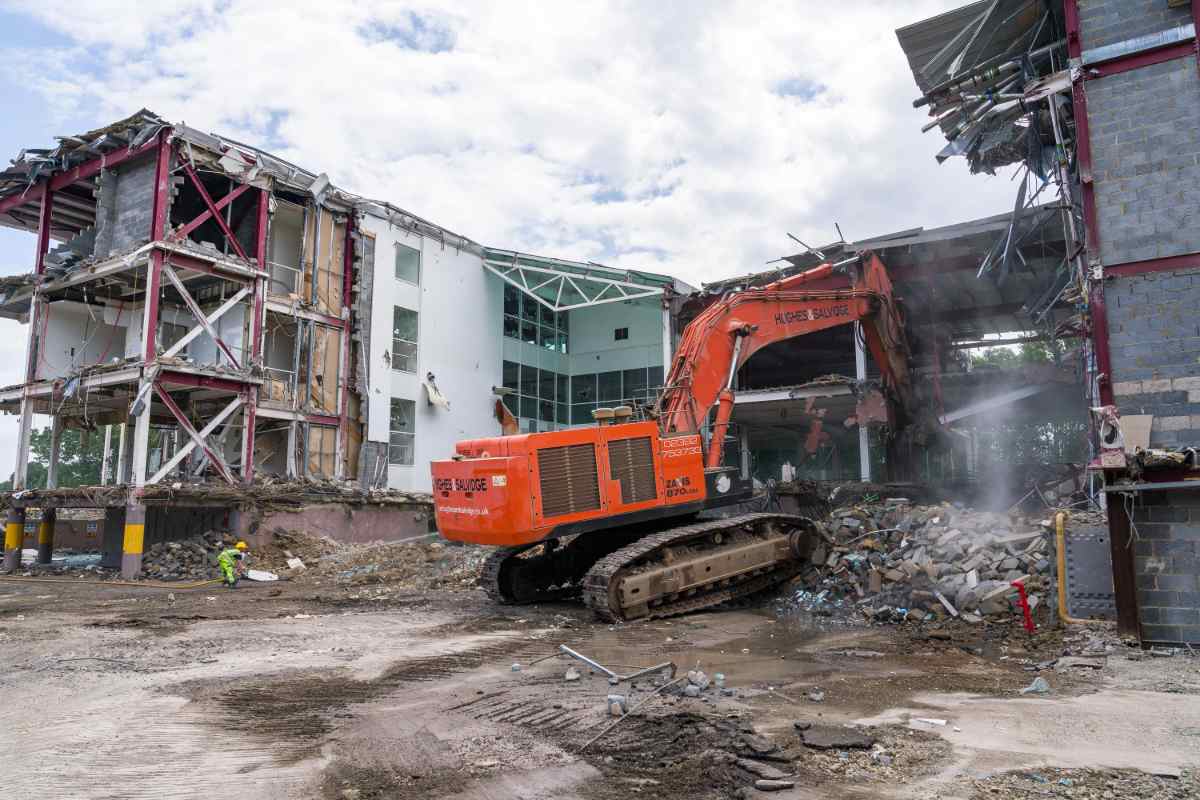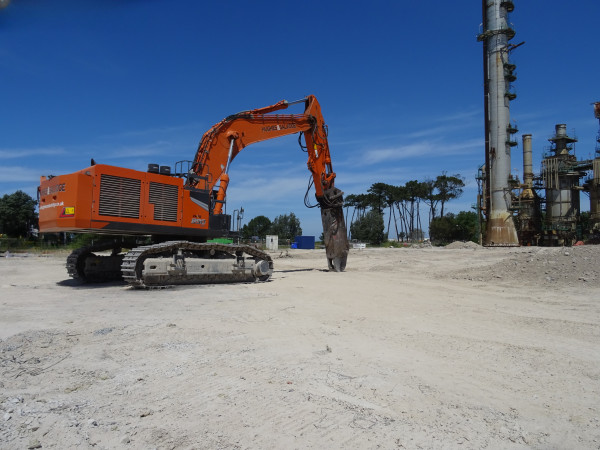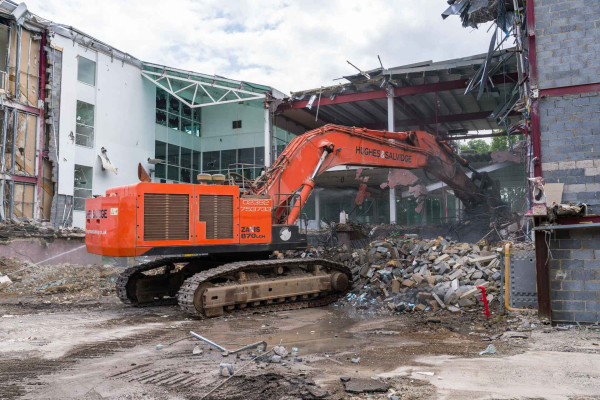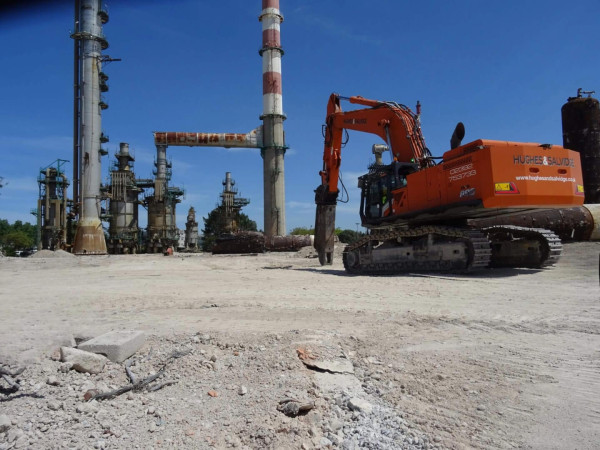Does demolition work require planning permission?
Luke Gould 22nd July 2024
Most demolition work requires planning permission, but it depends on a few factors. “It depends” can be a frustrating answer, but it is usually the correct one, especially in the construction industry. Confirming whether you need planning permission before starting any demolition project can save you from complications, disruptions, and additional costs down the line.
When is planning permission required?
-
Development
If the work being carried out is classed as “development,” according to Section 55 of the Town and Country Planning Act 1990, you’ll need planning permission. This includes “the carrying out of building, engineering, mining or other operations in, on, over or under land, or the making of any material change in the use of any buildings or other land.” -
Building works
According to the TCPA 1990, “Building Works” includes the demolition of buildings. Therefore, planning permission will be required for demolition even when there is no intention to rebuild on a plot, or if there is nothing in the surrounding area. -
Unsafe buildings
Even if a building has been deemed unsafe, planning permission is required for demolition if the reason it became unsafe was due to the action or inaction of any individual with any interest in the land, and couldn’t be made safe by temporary support or repair. -
Petrochemical/nuclear plants
The decommissioning of petrochemical/nuclear plants also requires planning permission without exception.

When is planning permission not required?
If works are already covered by national Permitted Development Rights, a Neighbourhood Development Order, or a Community Right to Build Order, planning permission would not be required.
Examples of works that are unlikely to require planning permission include:
- Demolition of internal statues, monuments, or memorials.
- Demolition of listed buildings or scheduled ancient monuments - this will require alternative consent through the Heritage Consent Process.
- Demolition of a building under 50 cubic metres.
- Demolition of all or part of a fence/wall/gate or other form of enclosure.
Is there anything else to consider?
-
Planning Permission is a specific term, in this instance referring to requesting and receiving permission from a local authority.
-
There are instances as mentioned above where works could potentially be covered by existing orders. There will also be instances where additional consent is required, for example, Listed Building Consent.
-
A section 80 Notice is a legal requirement in most demolition projects and must be submitted in advance. Learn when it applies and how to comply.
-
If demolition is occurring as part of, or a precursor to a larger development, this could be included in the planning request for the development as a whole to minimise the number of applications made and the time spent on them at either end.
-
As restrictions and red tape tend to increase dramatically with the size and scope of works, a good rule of thumb is that if Hughes and Salvidge would carry them out (e.g. larger, more industrial-based works), permission is likely to be required.
- Always double check if planning permission is required before commencing a demolition project.
Starting a redevelopment project?
Let Hughes and Salvidge be your trusted partner. As a full-service demolition company, we offer unparalleled expertise and a comprehensive range of specialised services, all under one roof. Whether you're revitalising an urban area, repurposing a historic building, or clearing the way for new construction, our skilled team is ready to support every step of your project.



